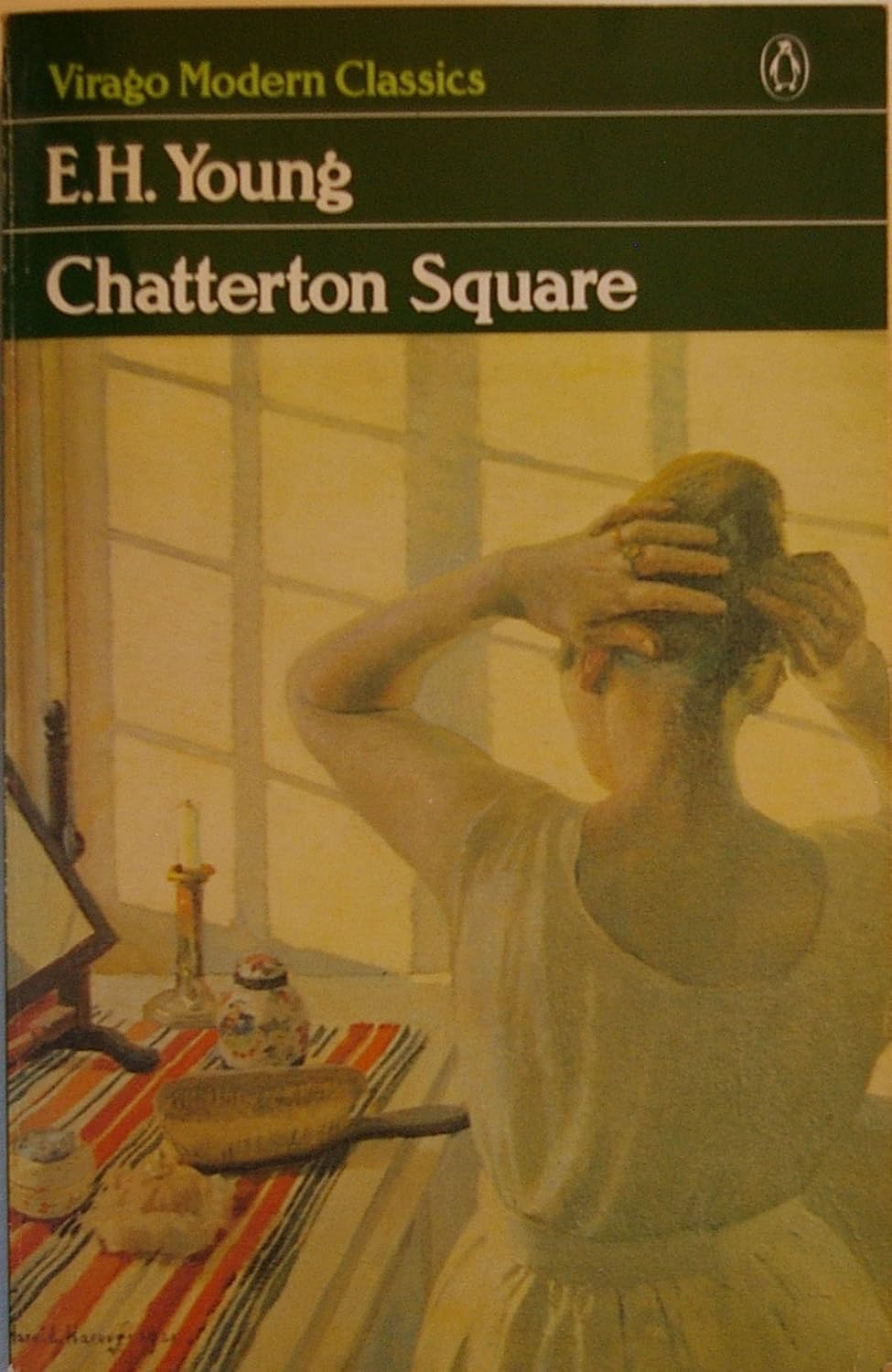Chatterton Square
- Brand: Unbranded

Description
It is also something that Rhoda, Bertha’s favourite daughter, notices at an early point in the novel when her father makes one of his many disparaging remarks. But once it because apparent that Bertha resented her husband for the way he treated her and had always treated her (like she was his possession and she was there to cater to his every whim and fancy and to listen to him blather on and he could give a damn if she had an opinion on something because he was smarter than her and he was a man and she a woman), then E.
Mr Blackett is frustrated and confused by Rhoda, but Bertha Blackett actively dislikes her daughter Flora – while still loving her. It’s rare to find this degree of depth and complexity in the creation of four key characters in the same book – Rosamund, Mrs Blackett, Miss Spanner and Mr Blackett (perhaps the most flawed of them all).But as the novel moves along, the third person narrator, particularly through the thoughts of Rosamund and Miss Spanner, goes off on a tangent of political diatribe, and it is not at all subtle. In 1902, at the age of 22, she married Arthur Daniell, a solicitor from Bristol, and moved with him to the upscale neighbourhood of Clifton. The Blacketts live on a corner of Chatterton Square where on the opposite corner are the Frasers, an easy going family of five mainly- teenage children, their still beautiful mother and Miss Spanner, a sharp tongued spinster (but with an underlying heart of gold) who has moved in with her old friend. But if she had we'd be left wondering, because of her unwillingness to have any character talk as if they were born later than 1870, what the hell was going on. Orwell, Hamilton, Lewis - I don't think Young would have approved of them, though, because she tells us through one of her mouthpiece characters that only people with no judgment enjoy books that are "unpleasant or obscure".
As the novel draws to a close, the political developments in Europe become an increasingly dominant factor. But whilst he struts in the background, allegiances form between Rosamund and Bertha and their children, bringing changes to Chatterton Square which, in the months leading up to the Second World War, are intensified by the certainty that nothing can be taken for granted.Published in 1947, on the surface it is the story of two households, both living on opposite sides of a square in Bristol. In short, it is a kind of coping mechanism for Bertha, her way of making the best of a bad situation. Blackett rules his home in Upper Radstowe with a gloomy and niggardly spirit, and his wife Bertha and their three daughters succumb to his dictates unquestioningly -- until the arrival next door of the Fraser family 'with no apparent male chieftain at the head of it'. The book expresses a profound love of country in passages that remind me of Mrs Mary Humphry Ward’s patriotic writing: eloquent descriptions of the beauties of England, its fields and churches, its woods and hills, its cosy villages and “benign” mansions. She unfurls, creating new connections and relationships; releasing her younger daughters from tyrannical rules and crucially sleeping outside of the martial bed.
It differs from Cranford, however, not only in structure but in the fact that only one of its people is a spinster lady; almost every other person in the book is a facet of love.What I’m intrigued to discover this time around (and this is partly why 1947 was chosen) is – will any of the books ignore the war? Mr Blackett’s wife, Bertha, has lived a narrow, restricted life, effectively penned in by her husband’s self-satisfied, high-minded behaviour, a damaging culture that permeates the Blackett household.
- Fruugo ID: 258392218-563234582
- EAN: 764486781913
-
Sold by: Fruugo
